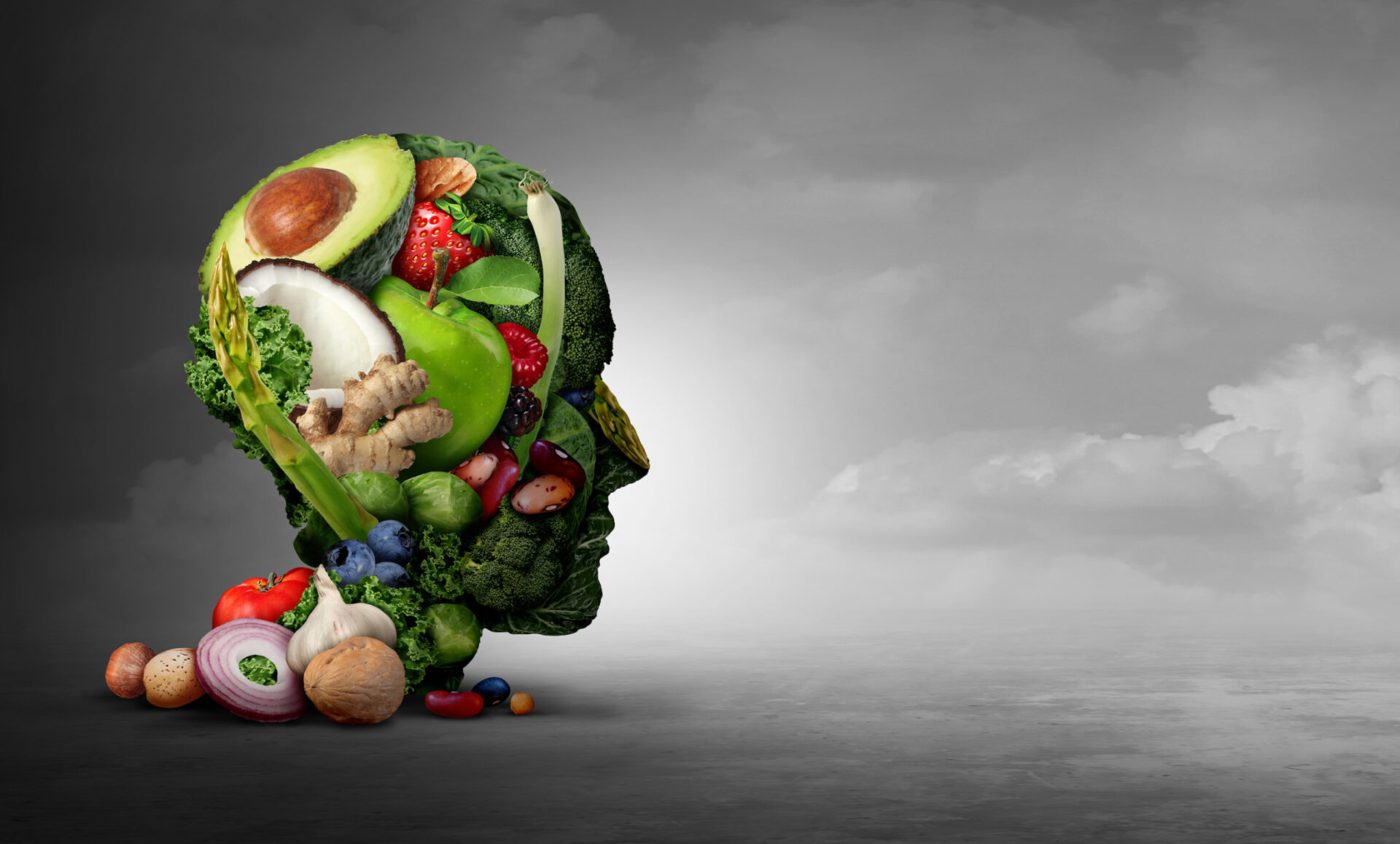
In recent years, the relationship between diet and mental health has gained significant attention. With the rising popularity of plant-based eating, many wonder if vegan food can actually boost serotonin levels and help combat depression. Let’s explore what the science tells us about this connection.

The Serotonin-Diet Connection
Serotonin, often called the “happy chemical,” is a neurotransmitter that regulates mood, sleep, and appetite. While most serotonin is produced in the gut, the brain requires a steady supply of tryptophan, an essential amino acid, to produce serotonin. This creates an important link between what we eat and how we feel.
Can Vegan Foods Boost Serotonin?
Several plant-based foods contain nutrients that support serotonin production:
Tryptophan-rich vegan foods: Tofu, tempeh, nuts (especially cashews and walnuts), seeds (particularly pumpkin and chia), and legumes provide tryptophan, the precursor to serotonin.
Folate and B vitamins: Leafy greens, legumes, and nutritional yeast contain B vitamins that play crucial roles in neurotransmitter production.
Complex carbohydrates: Whole grains like oats, quinoa, and brown rice can help tryptophan cross the blood-brain barrier by triggering insulin release, which clears competing amino acids from the bloodstream.
Antioxidant-rich foods: Berries, colorful vegetables, and dark chocolate (yes, some dark chocolate is vegan!) help reduce inflammation, which has been linked to depression.
What Research Shows
The evidence for vegan diets specifically treating depression shows mixed but promising results:
A 2019 meta-analysis published in the journal Nutritional Neuroscience found that plant-based diets were associated with lower rates of depression, anxiety, and stress.
SMILES trial researchers discovered that participants with moderate to severe depression who improved their diet (including more plant foods) showed significantly better mental health outcomes compared to a control group.
However, strict vegan diets that lack proper planning can lead to deficiencies in vitamin B12, omega-3 fatty acids, zinc, and iron—all nutrients important for mental health.
Beyond Serotonin: Other Mental Health Benefits
A plant-based diet’s impact on mental health extends beyond serotonin:
Gut microbiome enhancement: Plant foods are rich in fiber, which feeds beneficial gut bacteria. The gut-brain axis connection means a healthy microbiome can positively influence mood.
Reduced inflammation: Chronic inflammation has been linked to depression, and plant foods typically have anti-inflammatory properties.
Stable blood sugar: Whole plant foods help maintain steady blood glucose levels, preventing mood swings associated with blood sugar fluctuations.
Practical Considerations
If you’re considering a vegan diet for mental health benefits:
- Ensure adequate protein from varied sources
- Supplement with vitamin B12, which is essential for neurological function
- Include plant sources of omega-3s like flaxseeds, walnuts, and algae
- Consider vitamin D supplementation, especially if you have limited sun exposure
- Maintain adequate caloric intake—undereating can worsen mood
The Verdict
While a vegan diet isn’t a magic cure for depression, evidence suggests that a well-planned plant-based diet can support mental health through multiple pathways. The key word is “well-planned”—a vegan diet consisting of processed foods, sugars, and refined carbohydrates likely won’t provide the same benefits as one rich in whole foods, lean plant proteins, healthy fats, and abundant produce.
For those battling depression, dietary changes should be viewed as one component of a comprehensive approach that may include therapy, medication when appropriate, regular exercise, stress management, and adequate sleep.
As with any significant dietary change, it’s best to consult healthcare providers, especially if you’re currently managing depression or other mental health conditions.